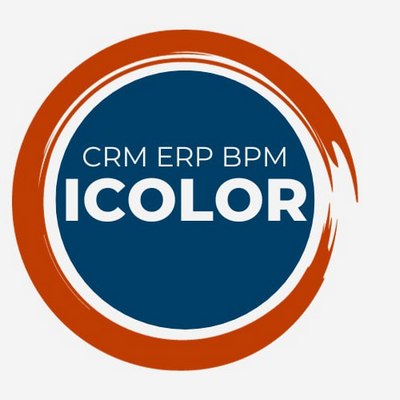Automation for production
Automation in manufacturing refers to the use of technology to control and manage the production process. This can include the use of robots, programmable logic controllers (PLCs), and other computer-controlled systems to streamline production, reduce waste, increase efficiency, and improve product quality. Automation allows manufacturers to produce goods more quickly and with greater accuracy, reducing the likelihood of human error and increasing productivity. Additionally, it can help reduce labor costs, increase competitiveness, and improve the overall profitability of a manufacturing operation.
Advantages of Automation for Production:
- Increased Efficiency and Productivity: Automated systems can work continuously, 24/7, without stopping, reducing downtime and increasing output. They can also work at faster speeds and with higher accuracy, leading to greater efficiency and productivity.
- Improved Quality: Automated systems provide more precise and consistent results, reducing the margin of error and increasing the consistency of products. This leads to a higher level of product quality and customer satisfaction.
- Reduced Labor Costs: Automation reduces the need for manual labor, thereby reducing labor costs and allowing companies to allocate resources more effectively.
- Increased Safety: Automated systems can handle dangerous or repetitive tasks, freeing up employees to focus on higher-level tasks that require human skills and creativity. This helps to minimize the risk of workplace accidents and injuries.
- Improved Flexibility: Automated systems can be programmed to adapt to changing production requirements, allowing companies to respond quickly to changes in demand.
- Better Resource Utilization: Automation helps to optimize the use of resources, such as raw materials and energy, reducing waste and increasing efficiency.
- Enhanced Competitiveness: Automation helps companies to increase their competitiveness by reducing costs, improving quality, and increasing output.
- Improved Data Collection and Analysis: Automated systems can collect and analyze data on production processes, providing valuable insights into process performance and enabling continuous improvement.
In conclusion, automation offers many benefits for production, including increased efficiency and productivity, improved quality, reduced labor costs, increased safety, and improved competitiveness. These benefits make automation a key driver of growth and competitiveness in the modern manufacturing industry.
Pricing Automation for production #
Solutions "Automation for production" #
Discussions Automation for production #
Ask questions, discuss any question or idea about" Automation for production" our forum
Features Automation for production #
Integrators Automation for production #
This is a list of our partners who have experience or industry solutions in the area "Automation for production". They can build a custom CRM or ERP system for you on the OneBox platform.

































